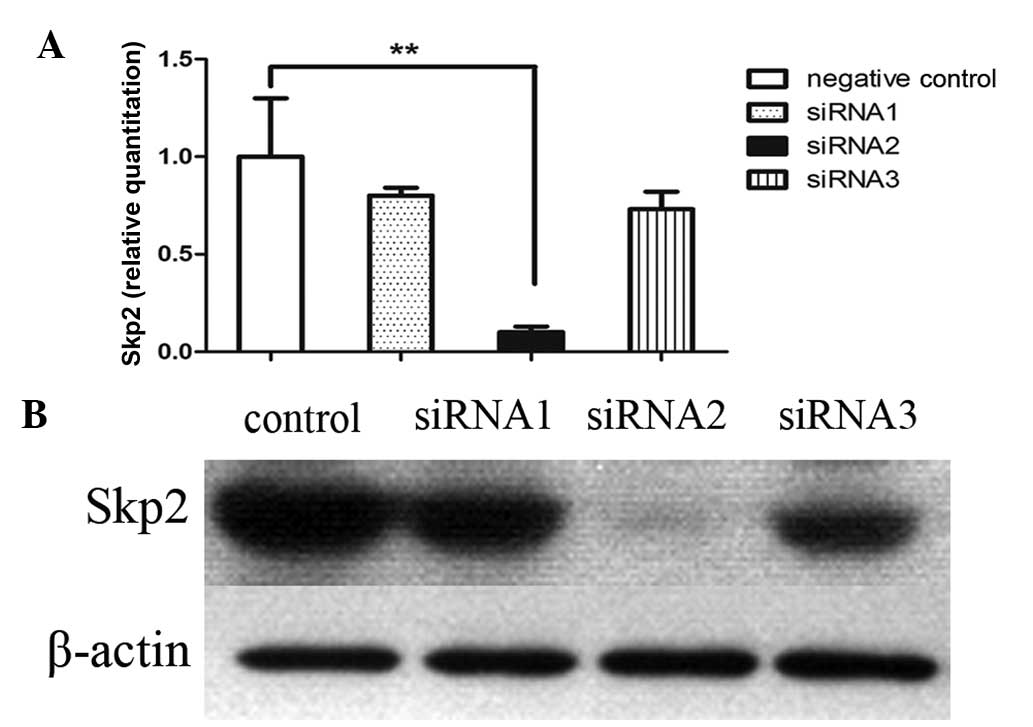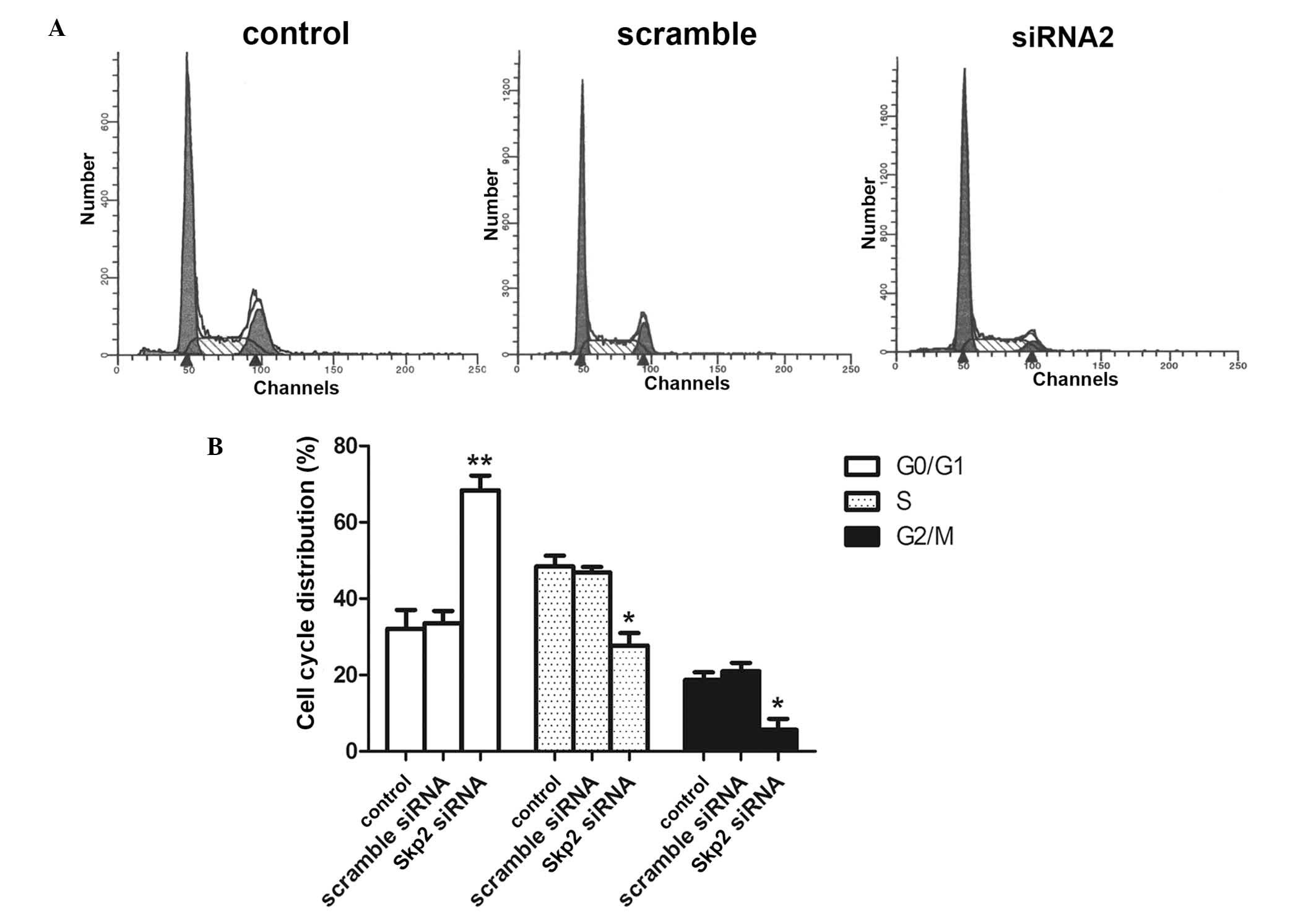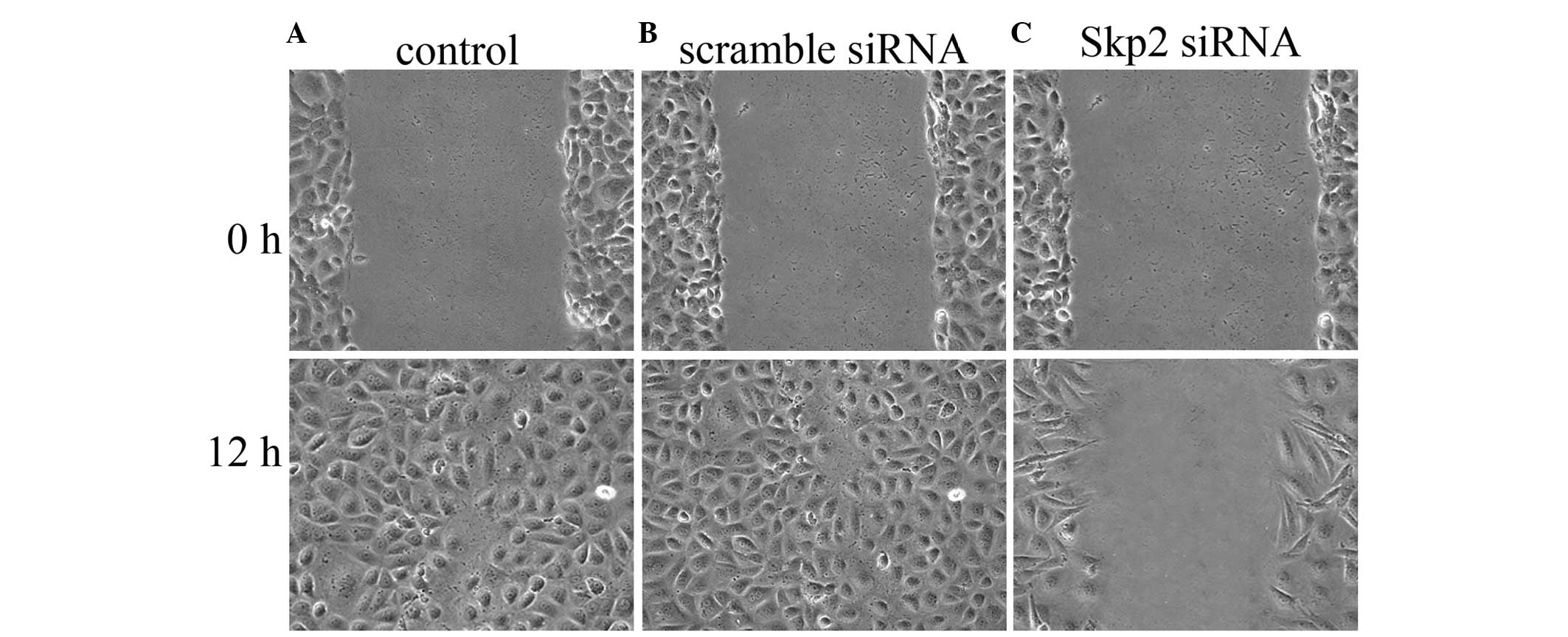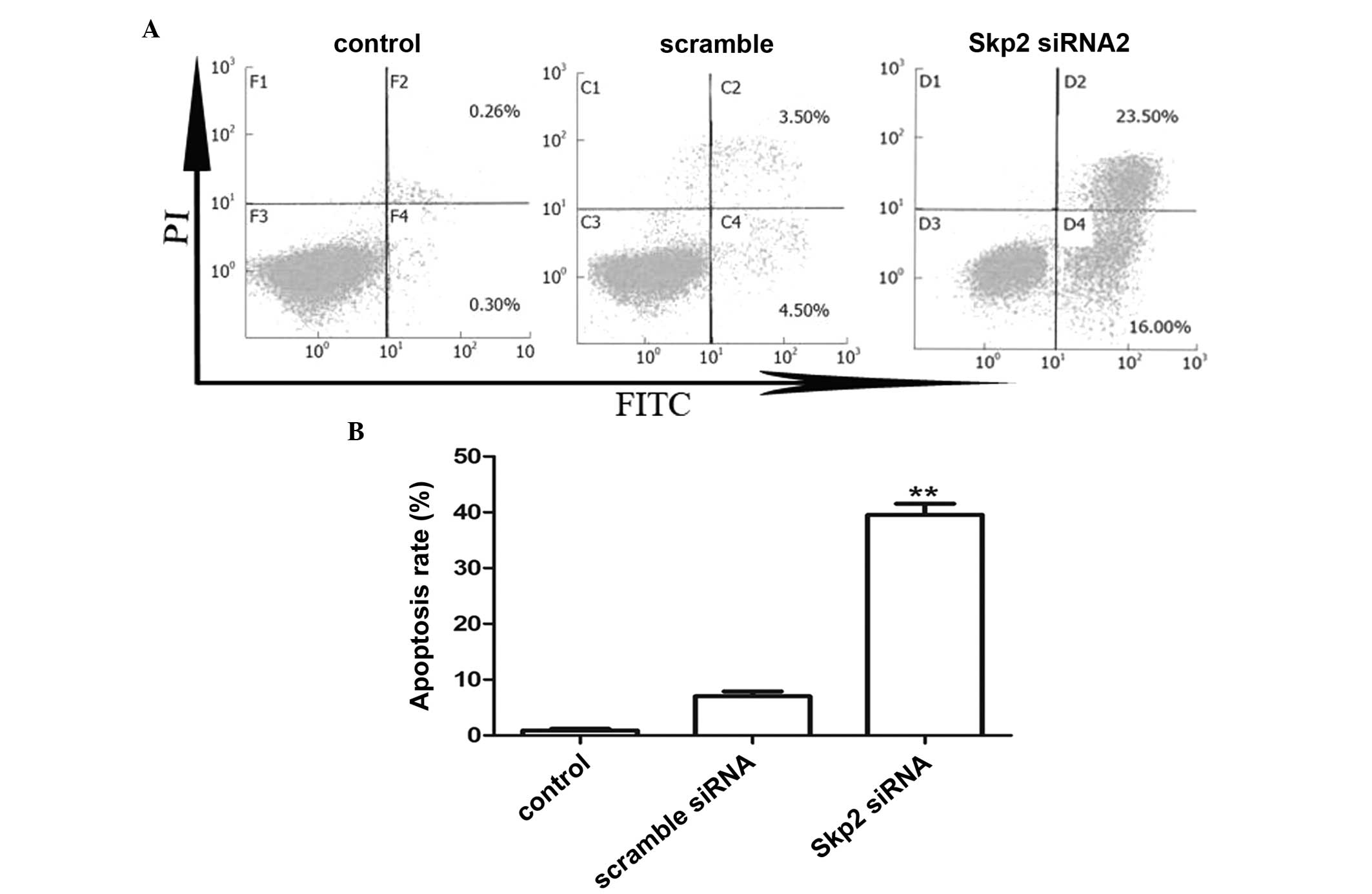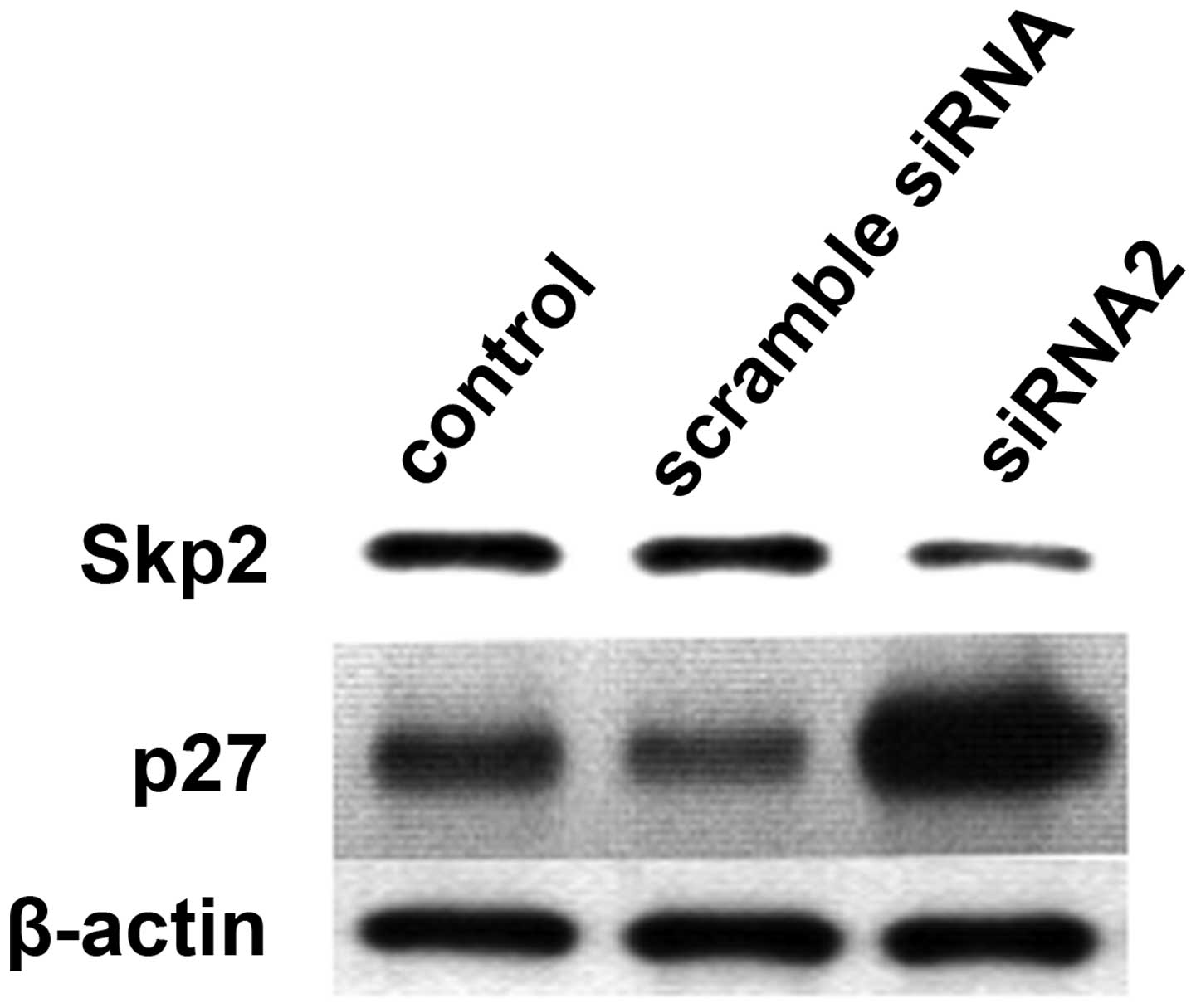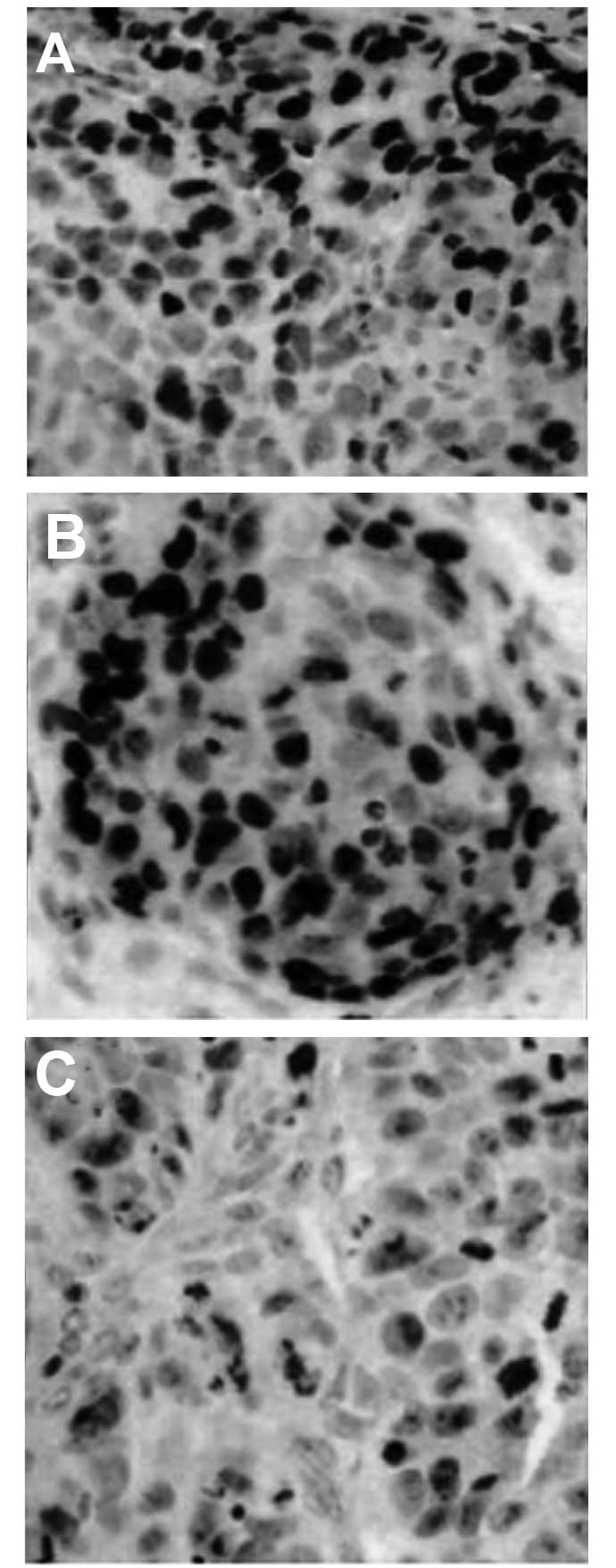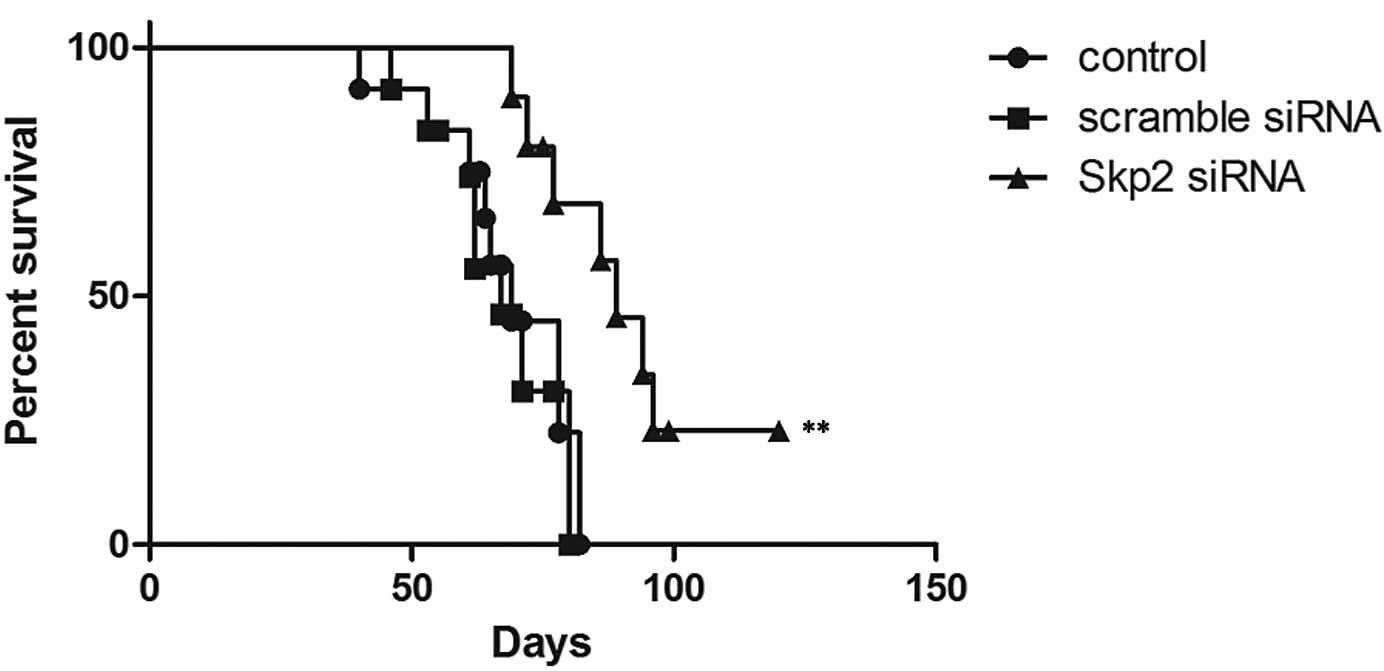|
1
|
Leufkens AM, van den Bosch MA, van Leeuwen
MS and Siersema PD: Diagnostic accuracy of computed tomography for
colon cancer staging: a systematic review. Scand J Gastroenterol.
46:887–894. 2011. View Article : Google Scholar : PubMed/NCBI
|
|
2
|
Merika E, Saif MW, Katz A, Syrigos K and
Morse M: Review. Colon cancer vaccines: an update. In Vivo.
24:607–628. 2010.PubMed/NCBI
|
|
3
|
Sharif S and O’Connell MJ: Gene signatures
in stage II colon cancer: a clinical review. Curr Colorectal Cancer
Rep. 8:225–231. 2012. View Article : Google Scholar : PubMed/NCBI
|
|
4
|
Galfrascoli E, Piva S, Cinquini M, et al;
ORION Collaborative Group. Risk/benefit profile of bevacizumab in
metastatic colon cancer: a systematic review and meta-analysis. Dig
Liver Dis. 43:286–294. 2011. View Article : Google Scholar : PubMed/NCBI
|
|
5
|
Hu NC, Hsieh SC, Chen TJ and Chang JY:
Multiple primary malignancies including colon, stomach, lung,
breast, and liver cancer: a case report and literature review. Chin
Med J (Engl). 122:3091–3093. 2009.
|
|
6
|
Zhao Z, Wei D, Mu Y, et al: Mutational
analysis of SKP2 and P27 in Chinese Han women with premature
ovarian failure. Reprod Biomed Online. 27:104–106. 2013. View Article : Google Scholar : PubMed/NCBI
|
|
7
|
Wang RH, Xie JG, Chen H, Ren TT and Zhang
YC: Expression of angiopoietin-2 and vascular endothelial growth
factor in human colon cancer. Nan Fang Yi Ke Da Xue Xue Bao.
33:1236–1239. 2013.(In Chinese).
|
|
8
|
Liu SJ, Yang XH, Ren JQ and Zhu XJ:
Clinical significance of tumor budding detection in stage II (colon
cancer). Zhonghua Wei Chang Wai Ke Za Zhi. 16:730–734. 2013.(In
Chinese).
|
|
9
|
McPartland S, Hyman N, Blaszyk H and Osler
T: The number of lymph nodes in colon cancer specimens: what do the
numbers really mean? Colorectal Dis. 12:770–775. 2010. View Article : Google Scholar : PubMed/NCBI
|
|
10
|
Nesbakken A and Gaard M: Surgical
treatment of colon cancer. Tidsskr Nor Laegeforen. 127:2942–2945.
2007.(In Norwegian).
|
|
11
|
Grady WM and Pritchard CC: Molecular
alterations and biomarkers in colorectal cancer. Toxicol Pathol.
42:124–139. 2014. View Article : Google Scholar : PubMed/NCBI
|
|
12
|
Remo A, Pancione M, Zanella C and
Vendraminelli R: Molecular pathology of colorectal carcinoma. A
systematic review centred on the new role of the pathologist.
Pathologica. 104:432–441. 2012.PubMed/NCBI
|
|
13
|
Kuniyasu H, Ohmori H, Sasaki T, et al:
Production of interleukin 15 by human colon cancer cells is
associated with induction of mucosal hyperplasia, angiogenesis, and
metastasis. Clin Cancer Res. 9:4802–4810. 2003.PubMed/NCBI
|
|
14
|
Leng Z, Tao K, Xia Q, et al: Kruppel-like
factor 4 acts as an oncogene in colon cancer stem cell-enriched
spheroid cells. PLoS One. 8:e560822013. View Article : Google Scholar : PubMed/NCBI
|
|
15
|
Zhu G, Wang Y, Huang B, et al: A Rac1/PAK1
cascade controls β-catenin activation in colon cancer cells.
Oncogene. 31:1001–1012. 2012.PubMed/NCBI
|
|
16
|
Jia ZC, Wan YL, Tang JQ, et al: Tissue
factor/activated factor VIIa induces matrix metalloproteinase-7
expression through activation of c-Fos via ERK1/2 and p38 MAPK
signaling pathways in human colon cancer cell. Int J Colorectal
Dis. 27:437–445. 2012. View Article : Google Scholar
|
|
17
|
Calvisi DF, Pinna F, Ladu S, et al: The
degradation of cell cycle regulators by SKP2/CKS1 ubiquitin ligase
is genetically controlled in rodent liver cancer and contributes to
determine the susceptibility to the disease. Int J Cancer.
126:1275–1281. 2010.
|
|
18
|
Bashir T, Pagan JK, Busino L and Pagano M:
Phosphorylation of Ser72 is dispensable for Skp2 assembly into an
active SCF ubiquitin ligase and its subcellular localization. Cell
Cycle. 9:971–974. 2010. View Article : Google Scholar : PubMed/NCBI
|
|
19
|
Bretones G, Acosta JC, Caraballo JM, et
al: SKP2 oncogene is a direct MYC target gene and MYC
down-regulates p27(KIP1) through SKP2 in human leukemia cells. J
Biol Chem. 286:9815–9825. 2011. View Article : Google Scholar : PubMed/NCBI
|
|
20
|
Cen B, Mahajan S, Zemskova M, et al:
Regulation of Skp2 levels by the Pim-1 protein kinase. J Biol Chem.
285:29128–29137. 2010. View Article : Google Scholar : PubMed/NCBI
|
|
21
|
Zhang B, Ji LH, Liu W, Zhao G and Wu ZY:
Skp2-RNAi suppresses proliferation and migration of gallbladder
carcinoma cells by enhancing p27 expression. World J Gastroenterol.
19:4917–4924. 2013. View Article : Google Scholar : PubMed/NCBI
|
|
22
|
Abdou AG, Asaad NY, Abd El-Wahed MM,
Samaka RM and Allah MS: The prognostic value of Skp2 expression in
Egyptian diffuse large B-cell lymphoma. Appl Immunohistochem Mol
Morphol. 20:47–55. 2012. View Article : Google Scholar : PubMed/NCBI
|
|
23
|
Huang H, Zhao W and Yang D: Stat3 induces
oncogenic Skp2 expression in human cervical carcinoma cells.
Biochem Biophys Res Commun. 418:186–190. 2012. View Article : Google Scholar : PubMed/NCBI
|
|
24
|
Wang G, Chan CH, Gao Y and Lin HK: Novel
roles of Skp2 E3 ligase in cellular senescence, cancer progression,
and metastasis. Chin J Cancer. 31:169–177. 2012. View Article : Google Scholar : PubMed/NCBI
|
|
25
|
Xiao J, Yin S, Li Y, et al: SKP2 siRNA
inhibits the degradation of P27kip1 and down-regulates the
expression of MRP in HL-60/A cells. Acta Biochim Biophys Sin
(Shanghai). 41:699–708. 2009. View Article : Google Scholar : PubMed/NCBI
|
|
26
|
Kullmann MK, Grubbauer C, Goetsch K, et
al: The p27-Skp2 axis mediates glucocorticoid-induced cell cycle
arrest in T-lymphoma cells. Cell Cycle. 12:2625–2635. 2013.
View Article : Google Scholar : PubMed/NCBI
|
|
27
|
Liu S and Yamauchi H: p27-Associated G1
arrest induced by hinokitiol in human malignant melanoma cells is
mediated via down-regulation of pRb, Skp2 ubiquitin ligase, and
impairment of Cdk2 function. Cancer Lett. 286:240–249. 2009.
View Article : Google Scholar : PubMed/NCBI
|
|
28
|
Nishitani H, Sugimoto N, Roukos V, et al:
Two E3 ubiquitin ligases, SCF-Skp2 and DDB1-Cul4, target human Cdt1
for proteolysis. EMBO J. 25:1126–1136. 2006. View Article : Google Scholar : PubMed/NCBI
|
|
29
|
Peng L, Xu Z, Zhou Y, Yang T, Liang ZQ and
Zhang M: Effect of rosiglitazone on cells cycle, apoptosis and
expression of Skp2 and p27Kip1 in hepatocellular carcinoma cell
line. Zhonghua Gan Zang Bing Za Zhi. 18:148–149. 2010.(In
Chinese).
|
|
30
|
Schulman BA, Carrano AC, Jeffrey PD, et
al: Insights into SCF ubiquitin ligases from the structure of the
Skp1-Skp2 complex. Nature. 408:381–386. 2000. View Article : Google Scholar : PubMed/NCBI
|
|
31
|
Hussain AR, Khan AS, Ahmed SO, et al:
Apigenin induces apoptosis via downregulation of S-phase
kinase-associated protein 2-mediated induction of p27Kip1 in
primary effusion lymphoma cells. Cell Prolif. 43:170–183. 2010.
View Article : Google Scholar
|
|
32
|
Herst PM, Broadley KW, Harper JL and
McConnell MJ: Pharmacological concentrations of ascorbate
radiosensitize glioblastoma multiforme primary cells by increasing
oxidative DNA damage and inhibiting G2/M arrest. Free Radic Biol
Med. 52:1486–1493. 2012. View Article : Google Scholar
|
|
33
|
Wei Z, Jiang X, Liu F, et al:
Downregulation of Skp2 inhibits the growth and metastasis of
gastric cancer cells in vitro and in vivo. Tumour Biol. 34:181–192.
2013. View Article : Google Scholar : PubMed/NCBI
|
|
34
|
Wu J, Lee SW, Zhang X, et al: Foxo3a
transcription factor is a negative regulator of Skp2 and Skp2 SCF
complex. Oncogene. 32:78–85. 2013. View Article : Google Scholar : PubMed/NCBI
|
|
35
|
Wu L, Grigoryan AV, Li Y, Hao B, Pagano M
and Cardozo TJ: Specific small molecule inhibitors of Skp2-mediated
p27 degradation. Chem Biol. 19:1515–1524. 2012. View Article : Google Scholar : PubMed/NCBI
|
|
36
|
Zhu L: Skp2 knockout reduces cell
proliferation and mouse body size: and prevents cancer? Cell Res.
20:605–607. 2010. View Article : Google Scholar : PubMed/NCBI
|
|
37
|
Hsu JD, Kao SH, Ou TT, Chen YJ, Li YJ and
Wang CJ: Gallic acid induces G2/M phase arrest of breast cancer
cell MCF-7 through stabilization of p27(Kip1) attributed to
disruption of p27(Kip1)/Skp2 complex. J Agric Food Chem.
59:1996–2003. 2011. View Article : Google Scholar
|















